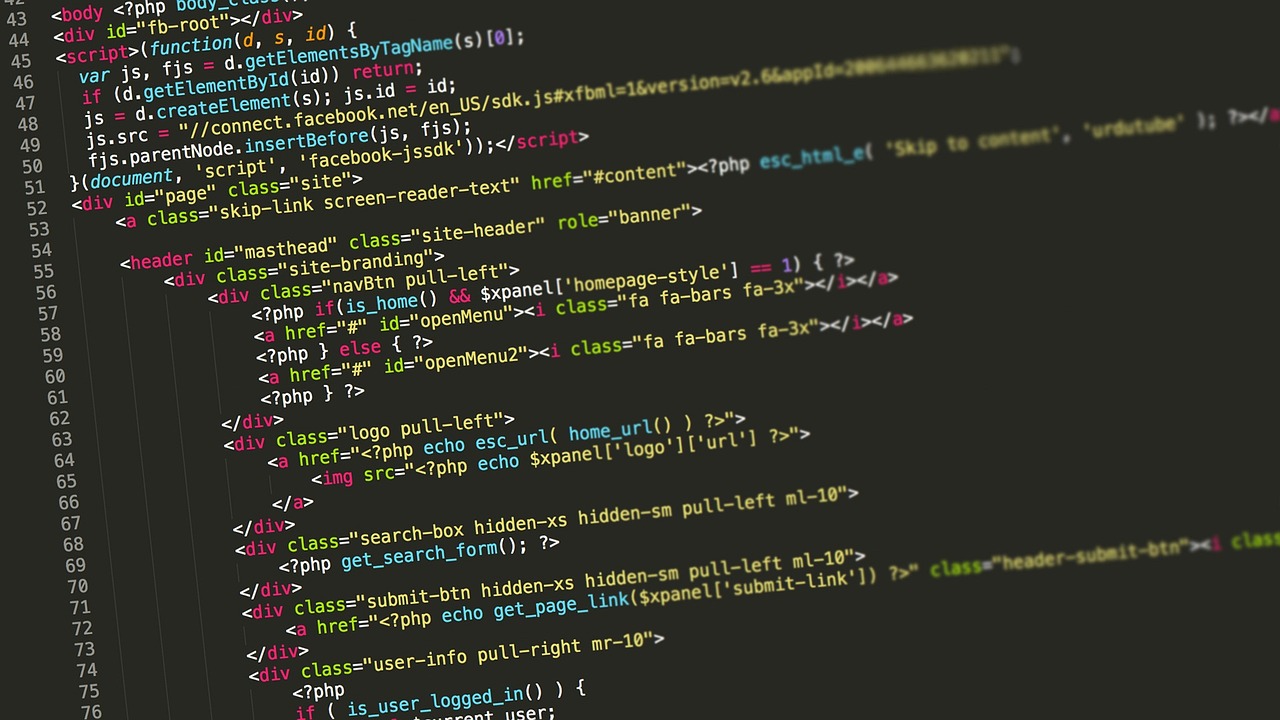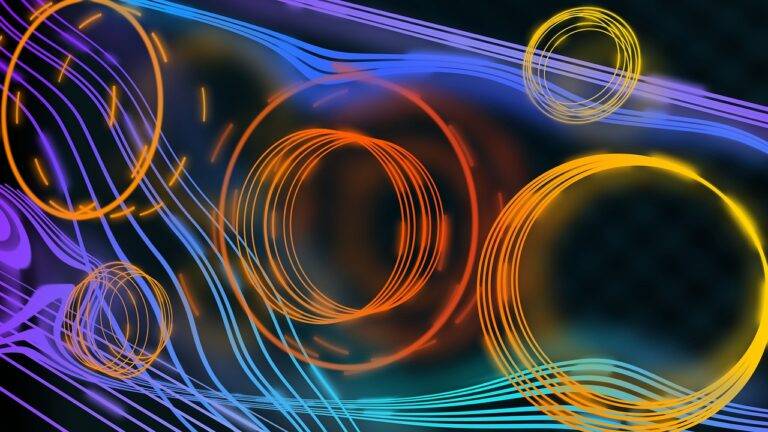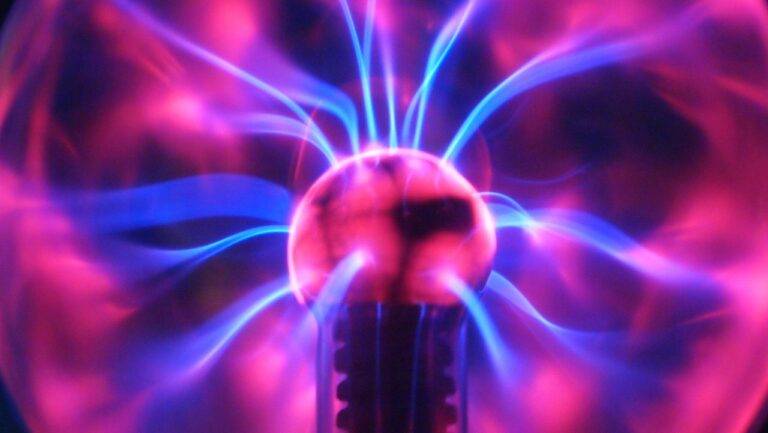The Promise of Quantum Sensors: Revolutionizing Measurement Technology
Quantum sensors are devices that leverage the principles of quantum mechanics to measure physical properties with unprecedented precision and sensitivity. Unlike classical sensors, which rely on macroscopic phenomena, quantum sensors exploit the behavior of particles at the quantum level, such as superposition and entanglement, to achieve remarkable accuracy in detecting and quantifying various parameters.
One of the key advantages of quantum sensors is their ability to surpass the limitations of classical sensors in terms of sensitivity and resolution. By harnessing quantum effects, these sensors can detect minute changes in quantities like magnetic fields, gravitational forces, and electromagnetic radiation, making them invaluable tools in fields such as navigation, medical imaging, and environmental monitoring. The development of quantum sensors represents a significant leap forward in measurement technology, offering new possibilities for scientific research and technological advancements.
History and Development of Quantum Sensors
Quantum sensors have a rich history that traces back to the early 20th century when quantum mechanics was in its nascent stage. The development of quantum sensors has been significantly influenced by the groundbreaking discoveries of renowned scientists such as Max Planck, Albert Einstein, and Niels Bohr. Their contributions laid the foundation for understanding the quantum nature of matter and energy, which eventually led to the inception of quantum sensor technology.
Over the years, rapid advancements in quantum sensor research have propelled the field to new heights of innovation and applicability. The evolution of quantum sensors has seen a shift from theoretical concepts to practical implementations, with a diverse range of applications in various industries including healthcare, telecommunications, and environmental monitoring. As quantum sensor technology continues to mature, it holds immense potential to revolutionize fields such as precision measurement, quantum computing, and even the detection of gravitational waves.
Principles of Quantum Mechanics in Sensor Technology
Quantum mechanics has paved the way for groundbreaking advancements in sensor technology by offering a novel perspective on the behavior of particles at the atomic and subatomic levels. The principles of quantum mechanics play a fundamental role in the design and functionality of quantum sensors, allowing for high precision and sensitivity in detecting various physical quantities.
One of the key principles of quantum mechanics utilized in sensor technology is superposition, which states that particles can exist in multiple states simultaneously. This concept enables quantum sensors to measure multiple parameters simultaneously, providing a more comprehensive understanding of the environment being monitored. By harnessing the principles of superposition, quantum sensors can achieve unparalleled levels of accuracy and efficiency in detecting minute changes in the physical world.
• Superposition allows particles to exist in multiple states simultaneously
• Quantum sensors can measure multiple parameters at once
• Provides a more comprehensive understanding of the environment being monitored
• Enables unparalleled accuracy and efficiency in detecting minute changes
What is a quantum sensor?
A quantum sensor is a device that utilizes principles of quantum mechanics to make highly precise measurements of various physical quantities.
How do quantum sensors differ from traditional sensors?
Quantum sensors offer higher levels of sensitivity and precision compared to traditional sensors, making them ideal for applications where accurate measurements are crucial.
Can you provide some examples of quantum sensors?
Some examples of quantum sensors include atomic clocks, quantum magnetometers, and quantum gravimeters.
How do quantum sensors benefit sensor technology?
Quantum sensors have the potential to revolutionize sensor technology by providing unprecedented levels of accuracy and sensitivity in measuring a wide range of physical properties.
What are the key principles of quantum mechanics utilized in sensor technology?
Quantum sensors rely on principles such as superposition, entanglement, and tunneling to make precise measurements at the quantum level.
How has the history and development of quantum sensors evolved over time?
The development of quantum sensors has evolved rapidly in recent years, with advancements in quantum computing and quantum information processing driving innovation in sensor technology.





